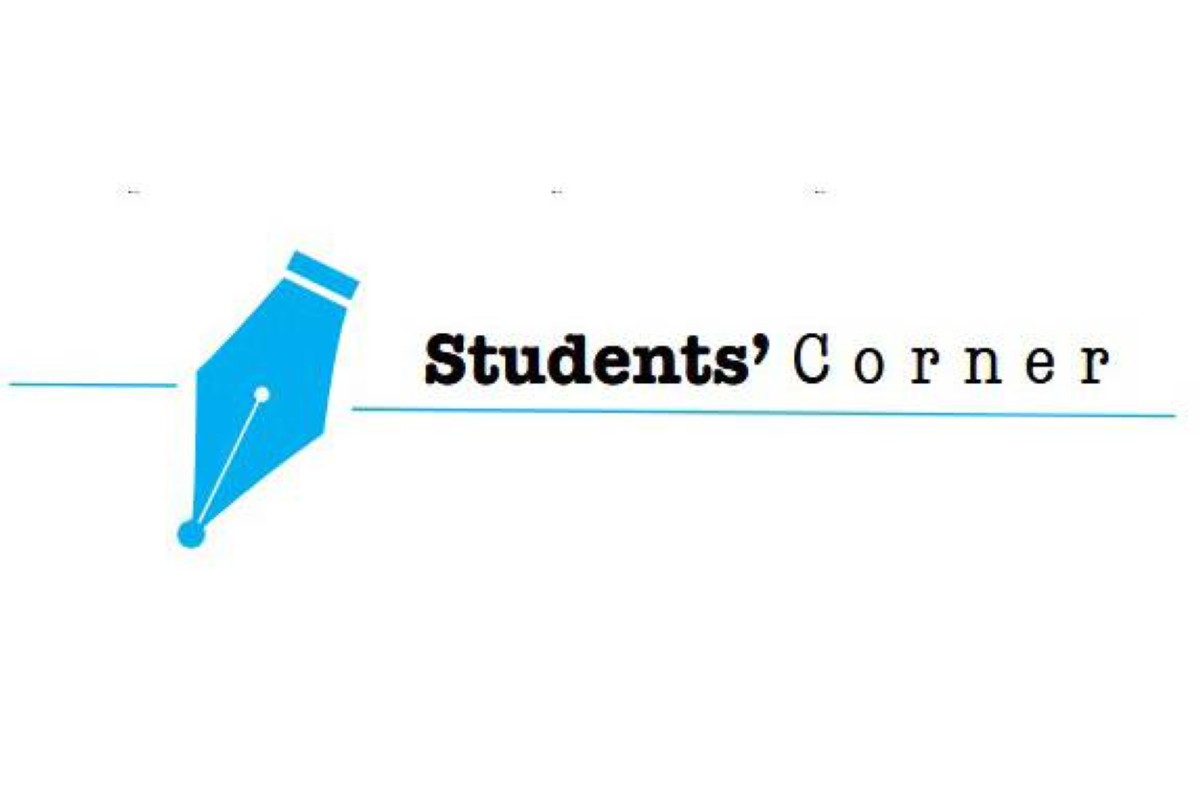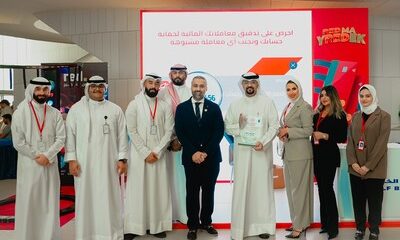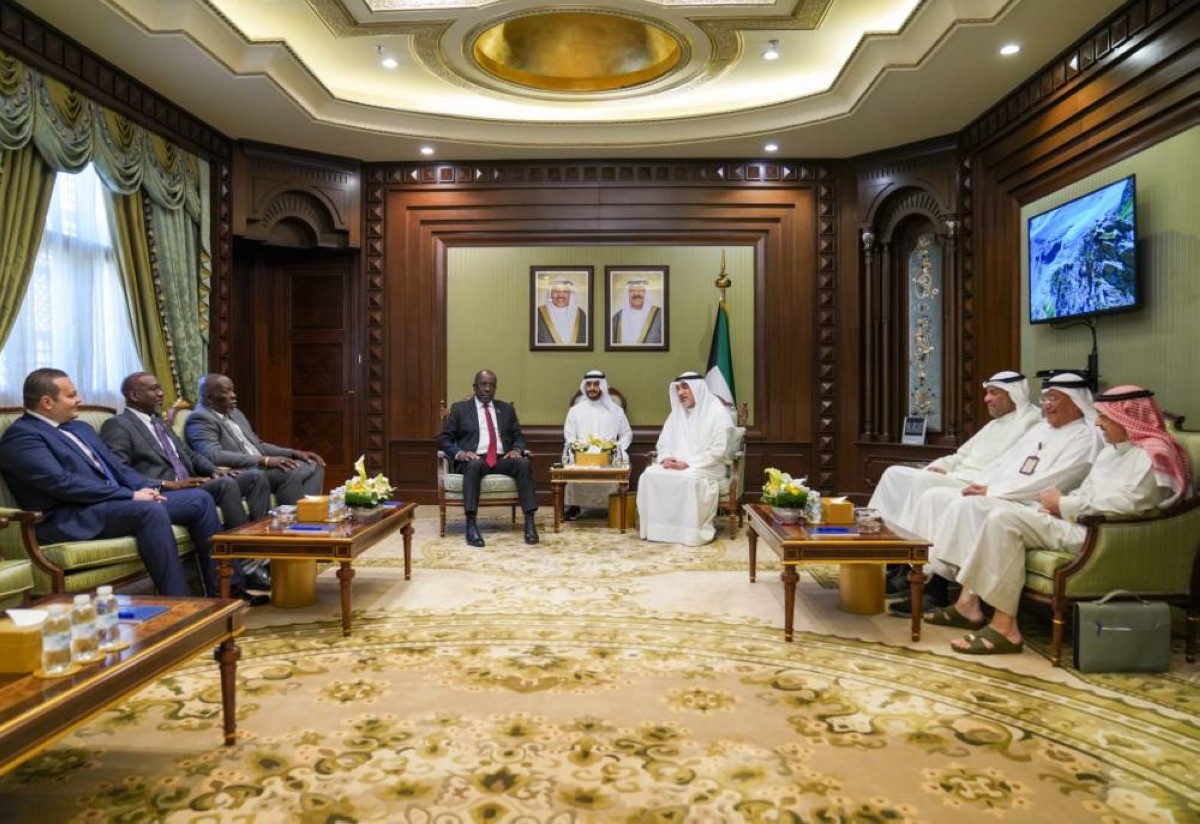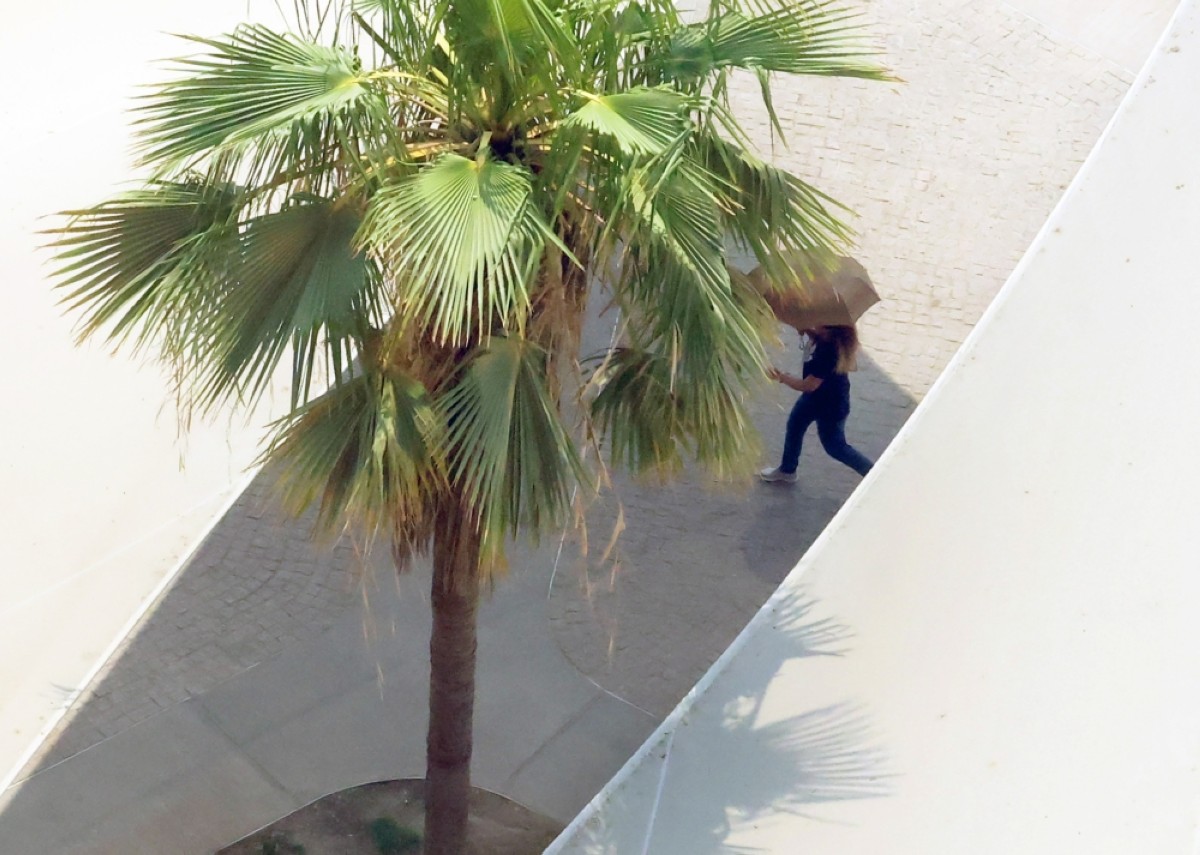By Joud Alkhudhair
Often described as a bitter-sweet occasion, graduation is not just an academic achievement, but also a major turning point in life that’s full of constant unpredictability. In Kuwait, recent graduates are often expected to jump straight into job hunting or at least have their lives figured out.
However, sometimes life does not go according to plan, as the shift from being a student to an employee itself is not easy. It requires persistence, adapting to a new life, making a career choice and financial management.
It might even take a toll mentally on those going through it. This article explores the many angles of this chapter in life, while also including the words of those living it.
Navigating life after graduation differs from person to person as it is mostly shaped by the individual’s circumstances. However, what connects most recent graduates is the feeling of freedom, especially during the first few months after graduation without deadlines, submissions, and responsibilities.
Most recent graduates take a break for a certain period before getting into the job market. Badriya Aljafar, an English literature graduate, explained why she needed to take a break. “I graduated early, in three years, and that kind of put me under a lot of pressure and a lot of stress.”
Faten Omar, a journalism graduate, put it this way: “I needed to take a break because I wanted to discover my passion in life … The break helped me decide my career path and what I actually want to do”.
Aljafar also thought the break would help her find her calling. “I was waiting to see what fields I could get in and what I might get interested in. And I think the break helped me a lot because I discovered things and passions that I didn’t know I had, such as creative writing.”
Aljafar implied that deciding on a career path does not always have to be connected to one’s field of study. Some majors are versatile in a way that allows you to get a job that is somewhat irrelevant to what you studied. For example, a graduate with a degree in linguistics can secure a job in marketing if his or her skills align with the job requirements.
Aljafar advised fresh graduates who find themselves in the same position to be flexible. “Follow your passion and don’t let your degree limit you,” she said.
During the gap between graduating and securing a job, most people emphasize the importance of spending their time purposefully. For example, a lot of recent graduates opt for internships before becoming an employee.
Rayan Alamairi, an English Literature major, is one of them. “I knew I needed to gain some skills … Because I couldn’t go looking for a job when I did not know what job I wanted,” she said.
She said her biggest struggle as a fresh graduate was finding opportunities in Kuwait where internship programs are limited. “I studied in DC and there were internships everywhere, and they were always marketed. Kuwait, I think it is harder to find.”
Along with limited opportunities in Kuwait, societal expectations can be another burden on recent graduates. “I avoided going to gatherings first few months post-graduation because I was afraid that they would ask me questions and that really overwhelmed me,” said Omar. As soon as someone graduates, questions such as “what are you doing next?” and “have you found a job yet” by relatives or friends start arising, often leading to feeling of disappointment when there is no answer. Some recent graduates might feel like avoiding going to gatherings. Families can also pressure them into getting a job immediately to not fall behind. What they tend to not understand is that most postgraduates might need some time after graduation to collect themselves and plan for their futures.


 Latest News12 hours ago
Latest News12 hours ago
 Latest News11 hours ago
Latest News11 hours ago
 Business17 hours ago
Business17 hours ago
 Business18 hours ago
Business18 hours ago
 Latest News17 hours ago
Latest News17 hours ago
 Latest News13 hours ago
Latest News13 hours ago
 Politics21 hours ago
Politics21 hours ago
 Latest News20 hours ago
Latest News20 hours ago

















